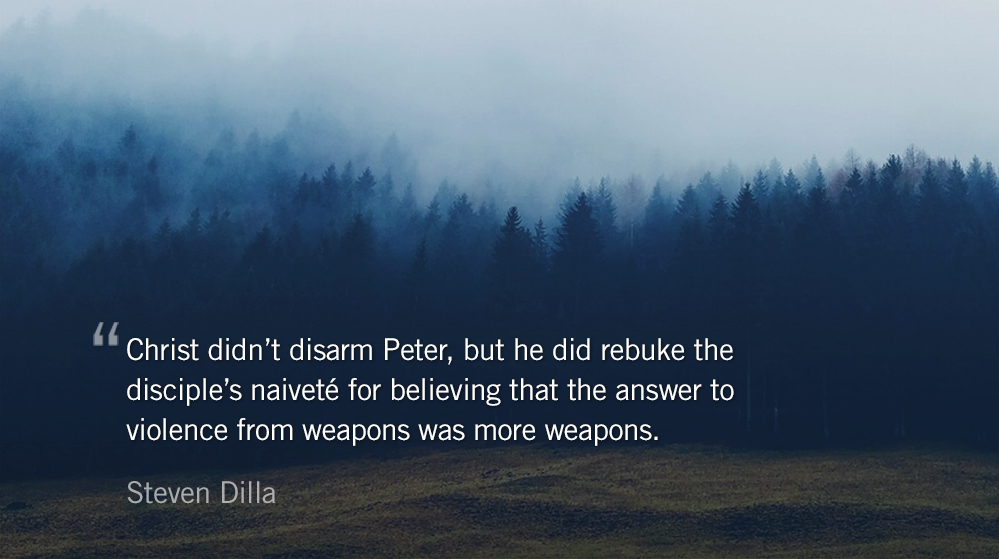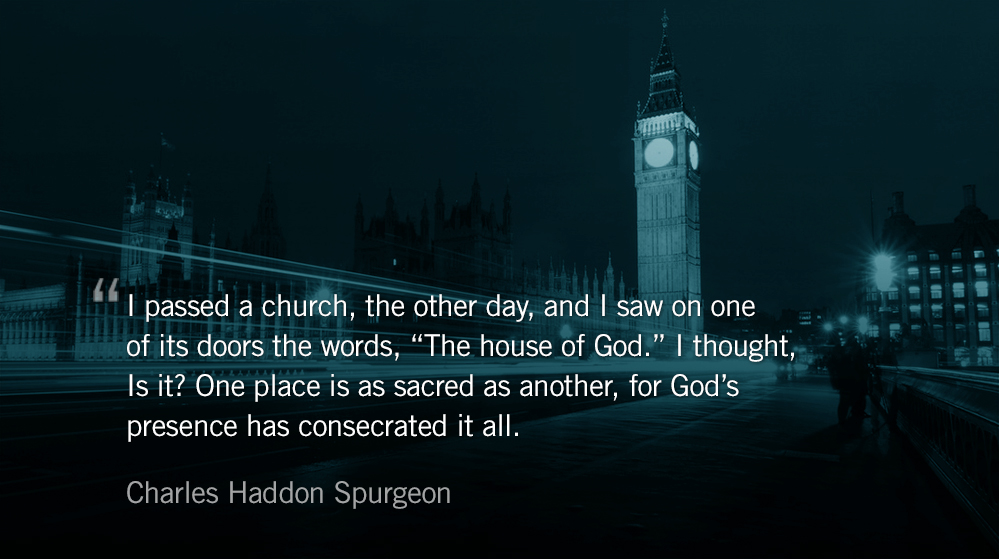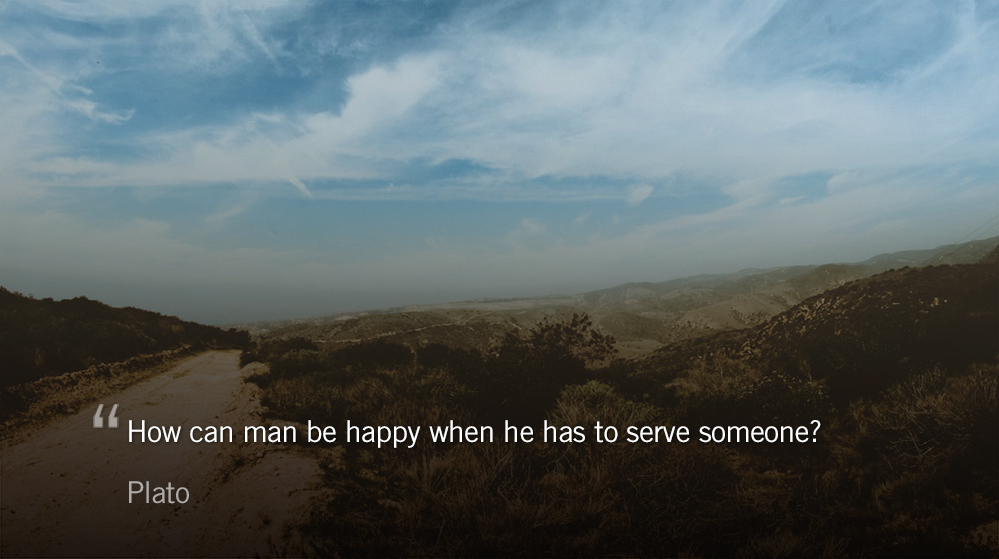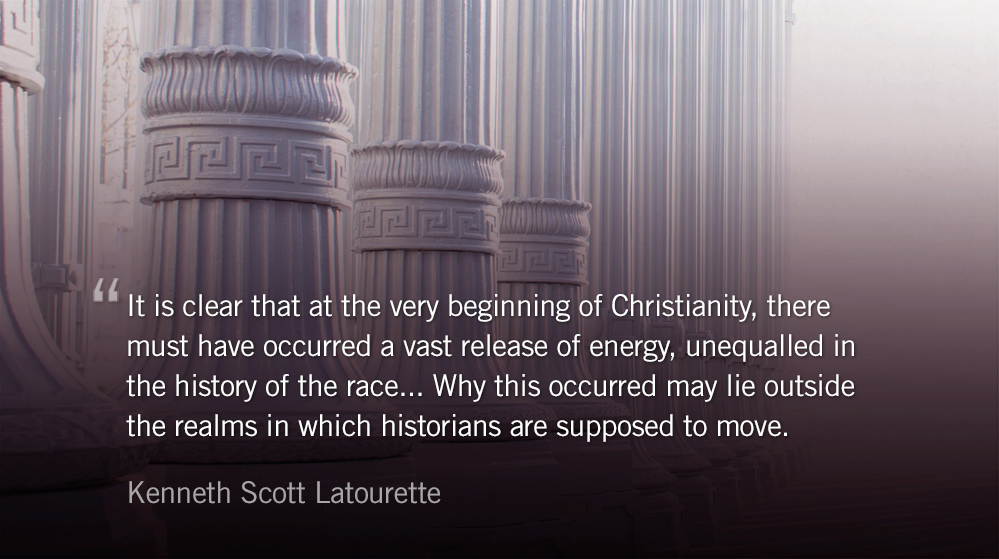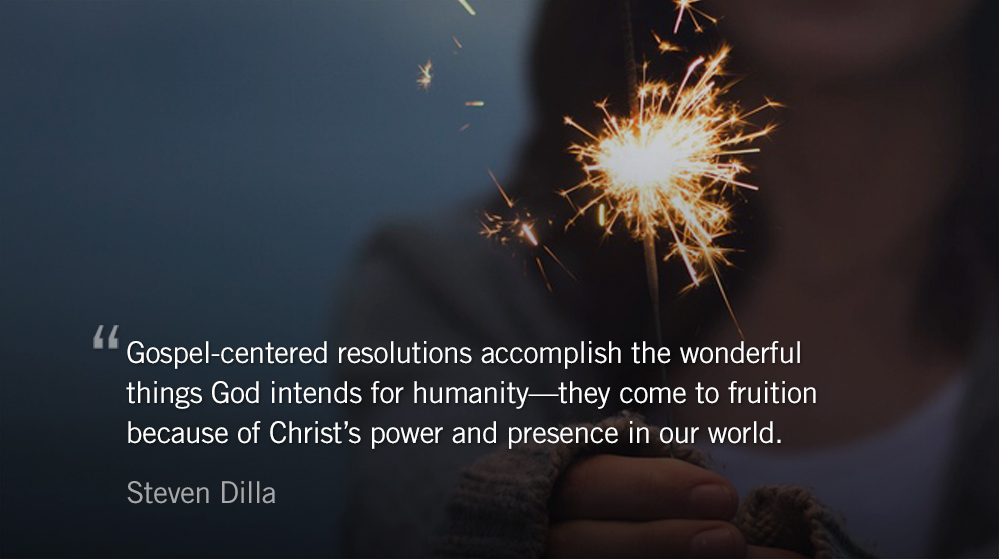Our teachings tell us that preserving human life is the greatest human calling, and murder the most depraved attack on man and G‑d there can be. — Rabbi Shlomo Yaffe
The scriptures have a profound way of speaking into modern life. The privilege of a spiritual kingdom, which stretches through time and culture, is that our understanding of how God’s word articulates today can be inspired by the faithful who walked in faith before us.
The ancient world was deeply marked by hostility and violence. The Hebrew Bible and rabbinic commentaries written during this time explored the profoundly spiritual implications of using weapons against others, protecting the innocent, and maintaining civility.
To understand what our sages would have thought about our modern problems of unlimited ammunition and semiautomatic weapons, we have to examine their perspective on the dangers of their time… Their wisdom remains eerily relevant. — Marc Katz
Weapon creation and sale was permitted in ancient Jewish culture, but multiple rabbinic writings prohibited the sale of a weapon to a suspected criminal or member of a country who served other gods (assuming they would be an enemy of the state).
To better understand how the rabbis applied their understanding of the scriptures to weapons, we can look at a more common instrument of self-defense: animals. Dogs used as a means of protecting life and property had to remain chained at all times. (If the owner lived in a rural area the dog could be loosed after dark.)
Dogs are not the most efficient or violent animals when it comes to taking a life, but other animals like wolves, lions, bears, leopards, panthers, and serpents, were entirely forbidden as means of protection. The rabbis believed that using these animals, due to their extreme unpredictability—and the damage they were capable of producing—was unfit for people of faith.
The image of blood is a central theme in scripture, often highlighting cases of either injustice or redemption. Tellingly, it is the image invoked when scripture speaks to the issue of home invasions.
If someone breaks in to another person’s home—in the dark—the writers of the Law permitted the victim to respond as if the criminal “had no blood,” thus prioritizing the lives of innocents. The ancient commentator Rashi says the thief is to be considered as dead “from the beginning.”
All other invasions and confrontations were excluded from this understanding. In general we see those furthest from protection—living in rural settings, under the veil of darkness—were given margin to be aggressive. Everyone else was called to restrain their reactions in order to protect the lives of themselves and those around them.
The overwhelming majority of what the rabbis wrote about about regulating weapons of defense prioritizes the conservation of life, not the protection of property. In Leviticus, God commands, “You shall not stand by [the shedding of] your fellow’s blood. I am the Lord.” More than a simple call to arms, it is a call to action to protect those God has placed around us through diligence and restraint as much as threat.
[The sages call] weapons a “disgrace” and point to the most famous prophetic text from the book of Isaiah to show that humanity’s goal is to someday make these weapons disappear: “And they shall beat their swords into plowshares, and their spears into pruning hooks; nation shall not lift up sword against nation, neither shall they learn war anymore.” — Marc Katz
Christ didn’t disarm Peter, but he did rebuke the disciple’s naiveté for believing that the answer to violence from weapons was more weapons—those who believe that, Jesus said, were as foolish as they were likely to die by the mechanism of their own violence.
Until the time when all humanity is fully disarmed by the peace of Christ, we tolerate weapons as necessary—though they are also byproduct and perpetuator of the brokenness and evil of our world. Legislations will come and go, political parties will change their positions, and evil will not be restrained by the power of man. Our ultimate hope rests in Christ. His return will bring the deeper repentance and restoration needed for peace on this earth.
Today’s Reading
Ezra 8 (Listen – 5:40)
Acts 8 (Listen – 5:10)
Ezra 9 (Listen – 3:19) Acts 9 (Listen – 6:05)
Ezra 10 (Listen – 6:19) Acts 10 (Listen – 5:49)
- The Jewish View on Weapons by Marc Katz, for Tablet.
- Battleground America by Jill Lepore, for The New Yorker. (The Harvard Historian looks at the founding, growth, and transition of the N.R.A. and America’s understanding of the Second Amendment.)
- How One Evangelical Activist Changed His Mind On Gun Violence by Sarah Pullman Bailey, for The Washington Post.
- How School Shootings Spread by Malcolm Gladwell, for The New Yorker.

